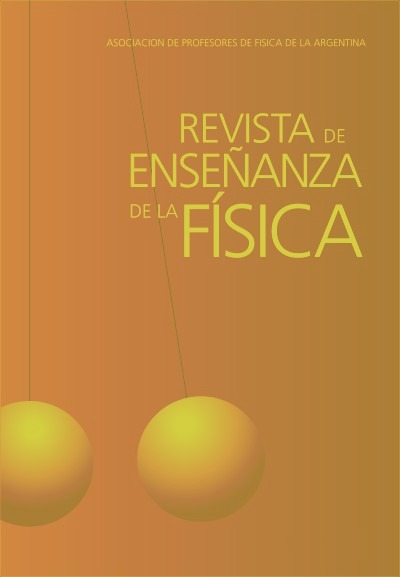Physical Optics learning from laboratory work
Keywords:
Laboratory, Physical Optics, Learning, ICTAbstract
Science education research suggests that students have learning difficulties in physics content when experimental laboratory work
cannot be implemented. In applied areas, such as Optics, it is often necessary to form a deep comprehension encompassing both
theory and application. In this paper we integrate laboratory activities into a traditional university Physics course with the aim of helping students make connections between theoretical Optics concepts and their implementation/application in the laboratory. Students regularized the subject during the stage of the covid-19 pandemic by completing the course virtually and resorting to the use of virtual and remote laboratories that were available at that time. In this non-face-to-face education period, many of them showed a lack of motivation to learn and study, so once the emergency situation was over, we sought to highlight the understanding of the concepts of Physical Optics, as a revision instance before the final exam. In a workshop modality, we designed a protocol that proposed elaborating conceptual explanations, carrying out theoretical calculations and developing experimental tasks. Initial diagnostic activities revealed difficulties in students' conceptualization and procedural skills. At the end of the workshop, a better conceptual understanding of issues such as interference, diffraction and polarization of light, development of work habits in the laboratory and greater students involvement in their learning processes was evidenced.
Downloads
Published
Issue
Section
License
Copyright (c) 2022 Graciela Serrano, Silvia Clavijo, Camila Muñoz, Ignacio Idoyaga

This work is licensed under a Creative Commons Attribution-NonCommercial-NoDerivatives 4.0 International License.
Aquellos autores/as que tengan publicaciones con esta revista, aceptan los términos siguientes:Los autores/as conservarán sus derechos de copiar y redistribuir el material, bajo los términos estipulados en la Licencia de reconocimiento, no comercial, sin obras derivadas de Creative Commons que permite a terceros compartir la obra bajo las siguientes condiciones:
- Reconocimiento — Debe reconocer adecuadamente la autoría, proporcionar un enlace a la licencia e indicar si se han realizado cambios. Puede hacerlo de cualquier manera razonable, pero no de una manera que sugiera que tiene el apoyo del licenciador o lo recibe por el uso que hace.
- NoComercial — No puede utilizar el material para una finalidad comercial.
- SinObraDerivada — Si remezcla, transforma o crea a partir del material, no puede difundir el material modificado.
- Los autores/as podrán adoptar otros acuerdos de licencia no exclusiva de distribución de la versión de la obra publicada (p. ej.: depositarla en un archivo telemático institucional o publicarla en un volumen monográfico) siempre que se indique la publicación inicial en esta revista.
- Se permite y recomienda a los autores/as difundir su obra a través de Internet (p. ej.: en archivos telemáticos institucionales o en su página web) antes y durante el proceso de envío, lo cual puede producir intercambios interesantes y aumentar las citas de la obra publicada. (Véase El efecto del acceso abierto).










